Is there a right and wrong way to choose? The election is almost upon us and many are finding it difficult to decide how to vote. Maybe some philosophers could help?
How Socrates would vote in the UK election
 Philosophical: They lived between 2,400 years and 125 years before polling day.
Philosophical: They lived between 2,400 years and 125 years before polling day. Glossary
Election - A vote in which someone is chosen to represent a group of people.
Sparta - Another of the great classical city-states, best known for its uncompromising martial culture.
David Hume - The Scottish philosopher argued that all human knowledge is acquired through experience and therefore embracing the unknown is a fundamental part of being human.
Labour - Britain's main left-of-centre political party.
Friedrich Nietzsche - A German classical scholar, philosopher, and critic of culture (1844 – 1900), who became one of the most influential of all modern thinkers.
Conservative party - A British political party. Members are known as Tories.
Elite - The richest, most powerful, best-educated or best-trained members of society.
Taxes - There are three main ways for governments to obtain money: print it, borrow it or collect taxes.
Private schools - Schools that educate pupils in return for a fee.
Mary Wollstonecraft - A British writer who is often called the mother of feminism. In A Vindication of the Rights of Woman she argued for equal rights for both genders.
Liberal Democrat - Also known as the Lib Dems, a liberal political party in the UK.
Socrates - Considered by some to be the greatest philosopher in history, Socrates is credited with developing the whole notion of critical reason.
Reform - Making big changes to how a system works.
Government - The group of people who govern - or lead - the country.
Authoritarian - Enforcing strict obedience to authority.
Democracies - Countries which have a system of government based on the idea of rule by the people.
